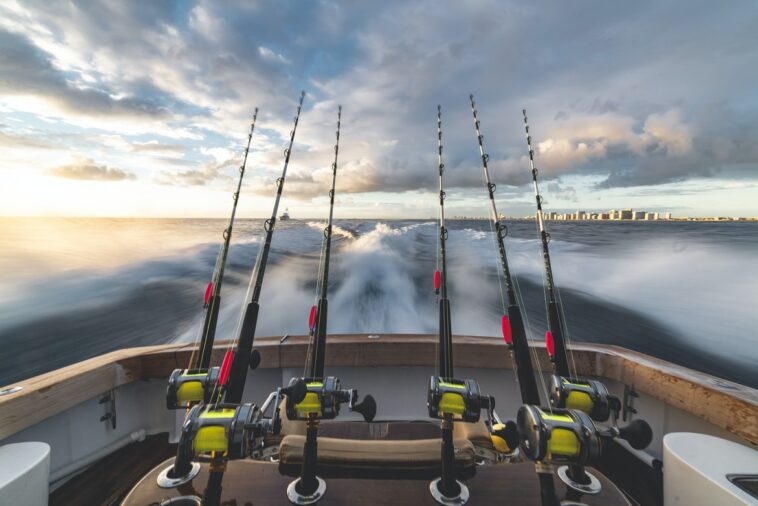Fishing is such a relaxing and fulfilling activity. But the experience you get out of it will depend on how prepared you are and the fishing charter you choose.
As a first-time angler, you’re excited to go out to the waters and try your luck, and to achieve that, a few strategies must be in place with planning taking center stage. You need to sit and set your objectives with the captain, discuss and see what you need to carry along for success. No trip looks like the other, and that’s why you need to talk about it prior and agree on your expectations.
This article focuses on the preparation for your first trip fishing.
Before the trip
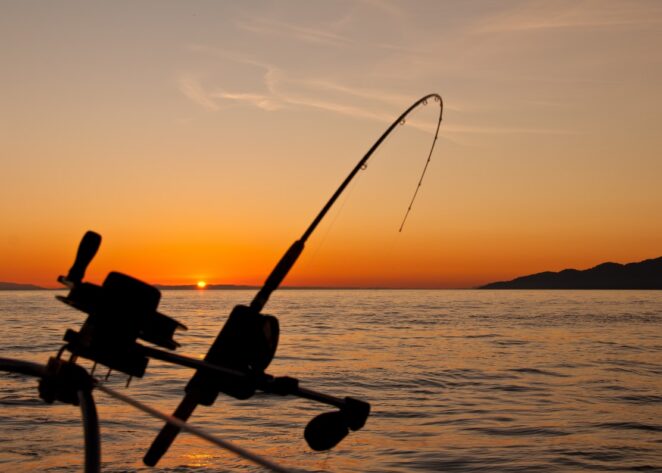
Communication
Once you book your outing to the waters, you need to talk to your guide. This will help them understand your expectations and be on the same page. That way, you’ll be sure that you’ve picked the right charter or not. At that point, you’ve not committed yourself to anything, so you can also quit the conversation and look for a better charter. Ask questions like; what type of fish am I targeting? Do I want to catch and release or keep fish? Such questions will help you pick a charter like tomscatch.com that you’ll perfectly work with.
What you want out of the trip
Even if it’s your first time to go fishing, you must be having an idea of how things are done. You know whether it’s a technique you want to try, some species you wish to catch, or a spot you want to visit. If you or the other anglers have questions to ask, ask the captain before. Again, it’s essential to tell them that it’s your first trip so they can be generous with information.
Policies and what’s included
Ask about your guide’s onboard policies. You may find things normal, for example, but they are not allowed, like lighting a cigar. The same goes for food and alcohol. Most charters allow people to carry snacks, but it doesn’t break a bone to ask. Put everything in order; don’t wait until the last minute, and you begin rushing. Same way, get your live bait ready, your gear, and licenses.
You also need to inquire whether fuel is included in the trip charges. Some charters will charge you for such, especially when you have to move far from the shore. Getting to know that in advance helps you budget well and avoid surprises.
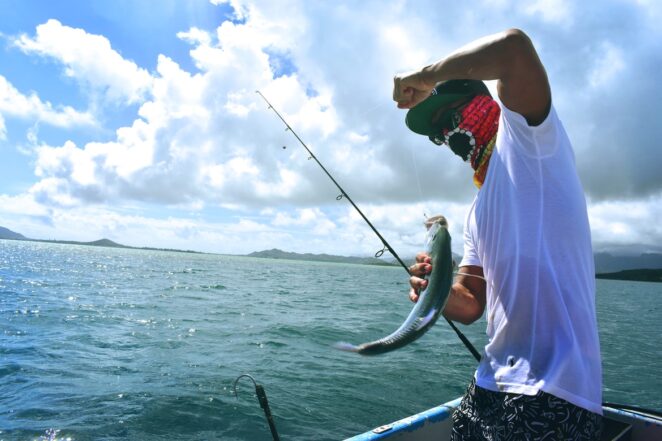
Departure and direction
Before you leave, you must confirm the departure time so that you will be ready in time. A few things could change between the booking and the material day. Therefore it’s prudent that you talk to the captain before. The charter may have moved the base of operation, or your marina could be under renovation. Find also about the direction and how near or far the nearest the spot is.
Preparation
You have had a chat with your guide, and you have the details; it’s time to pack. The season and location will dictate the clothes you wear, but some other things are essential.
- Rubber-soled sneakers: With these, you are steady and firm while in the boat. But make sure they are not light sole or non-marking so that you don’t leave your tracks on the boat.
- Layered clothing: If the weather changes, this type of cloth gives you flexibility. Make sure the material dries out easily but keep warm and make sure the clothing has a way of offering protection from the wind.
- Get some sunscreen and sunglasses: With polarized sunglasses, you’re not only protected from elements but also aid in some techniques like sight fishing.
- Drinking water: The fishing charter may provide bottled water but don’t bank your hopes on them. The sun is usually hot in the water, and that could lead to dehydration. Without water, you will have a bad day with headaches and a feeling of sickness. You need to carry lots of water that you will be drinking throughout.
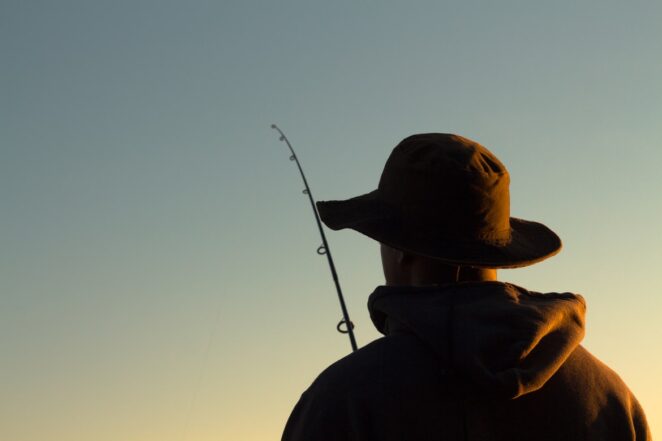
The trip
The day of the trip is usually an exciting one. But you still have a few things to take care of. Firstly you need to confirm that everything is packed, and that means you have a checklist. Secondly, make sure you leave early. Give yourself plenty of travel time, so you don’t have to be stressed when you’ve little time left.
Meeting the crew
What you get from your trip will depend on the captain you have and your mates on for the trip. You will need to create a rapport and a respectful relationship, and a friendly attitude for your trip to be enjoyable. Many fishing guides will shower you with stories of fish types, but others may be a little quieter. You should therefore have checked out to hear them before making a choice. You need someone who will teach you many things about fishing.
The drive
If you are booking a seven-hour trip, it doesn’t mean you’ll be fishing for the entire period. That includes the travel time, but approximately, that is the time you’ll be off-shore. If you’re planning to go fishing in deep waters, the trip will take some bit of time before you get there. Utilize the time for the trip to clarify the things you feel pressing like the best way to catch fish. Ask your guide about the proper techniques and such.
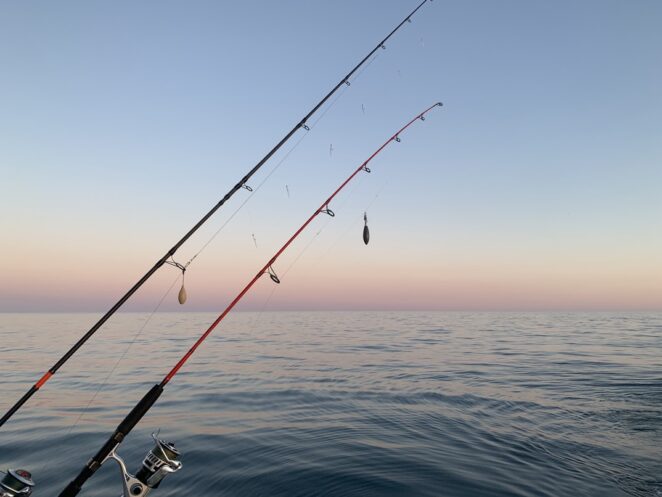
The fishing
It’s time to fish, and how much you enjoy the fishing experience will depend on how realistic your expectations are. Don’t expect too much- you could go fishing the whole day but not catch any fish. That should not disappoint you; at least you’ve enjoyed yourself with family or friends in the water. Even if you caught nothing, you’ve learned from your mistakes, and you have the tricks to get it done perfectly.
When you want to go wetting your line, the most important thing is to choose a reliable guide. Someone who has experience in all types of water. Make sure they know the direction of your trip and where to get the kind of fish you want. As you set off to go fishing, your attitude should not only be to catch the fish but also to enjoy the experience. That’s what matters most.



